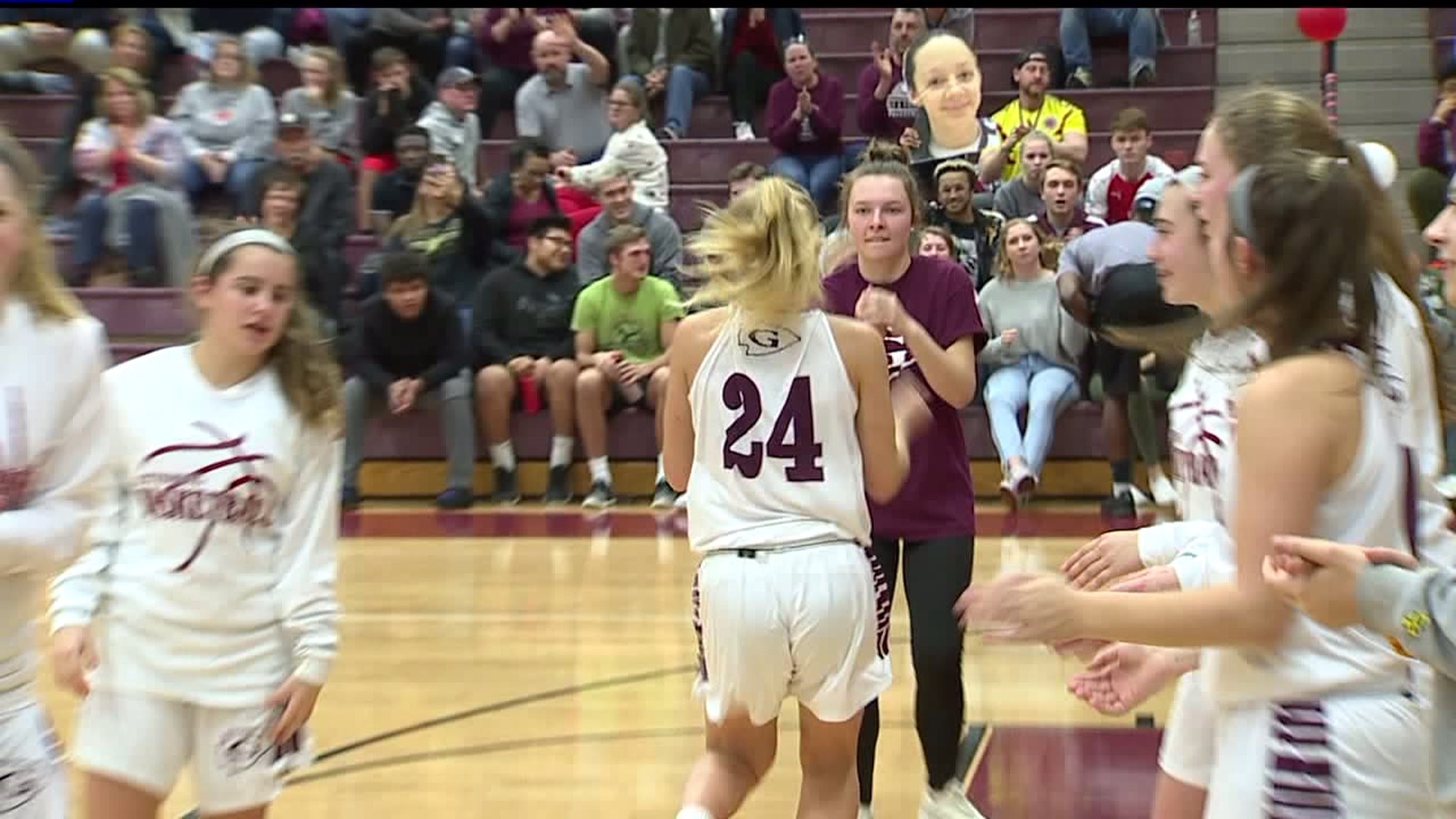ESPN college football analyst Ed Cunningham has resigned from his job, citing a growing sense of discomfort with the damage being inflicted on players, according to a report by the New York Times.
Cunningham told the Times that he could not, in good conscience, continue his supporting role in football’s multibillion-dollar apparatus.
“I take full ownership of my alignment with the sport,” he said. “I can just no longer be in that cheerleader’s spot.”
Cunningham’s announcement is part of a growing trend. Several high-profile NFL players have retired early out of concern about their long-term health, particularly when it comes to brain function. But, the Times said, Cunningham might be the first broadcaster to leave a position for a related reason — because if felt wrong to witness the damage and profit from a sport he says is killing some of its participants.
Cunningham built a reputation for his pointed criticism toward what he thought were reckless hits and irresponsible coaching decisions that endangered the health of athletes. His strong opinions often got him denounced on fan message boards and earned him angry calls from coaches and administrators.
Cunningham told the New York Times that he has grown weary of watching players be removed from the field on carts with little ceremony. He increasingly heard about former players, including former teammates and peers, experiencing the long-term effects of their injuries, especially brain trauma.
He said two former teammates of his in the NFL — Dave Duerson and Andre Waters, who both played with Cunningham on the Arizona Cardinals — eventually committed suicide. Both were posthumously found to have chronic traumatic encephalopathy, or C.T.E., the debilitating brain disease that scientists say is caused by hits to the head. It has been discovered in the brains of more than 100 former NFL players.
Cunningham said he made his decision to quit announcing after working the Outback Bowl game between Iowa and Florida in December. In the game, a 30-3 blowout win by Florida, Iowa’s coaches continued to trot out hobbled quarterback C.J. Beathard, who played until there were two minutes left despite taking several hard hits.
“I know some of the coaches from that team (Iowa), known them for years,” Cunningham said. “And it was hard for me not to walk down after the game and just say: ‘Dudes, what are you doing? Really? What are you doing?’ These are just kids.”
Cunningham told the Times that he hoped going public with his reasons for leaving the booth would help further a conversation about football safety.
He said he doesn’t want to end the game; he wants to help it.
“I think people are starting to think, ‘what should we do here?’” Cunningham said. “You can’t throw out everything. You can’t say it’s all broken. You have to change the paradigm. How should it be different 20 years from now? It’ll be different, and I think quite a bit different. And that’s OK.”



